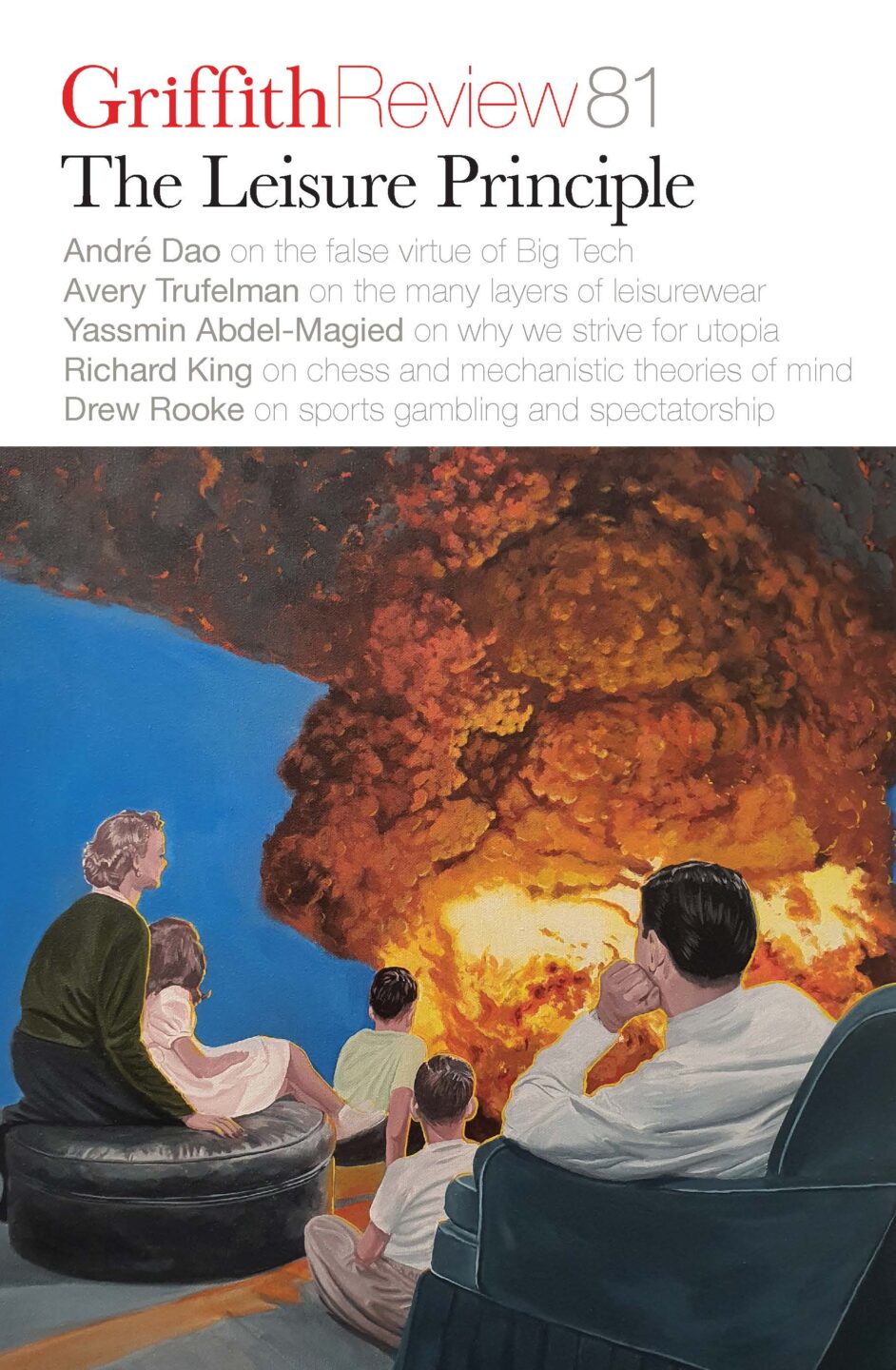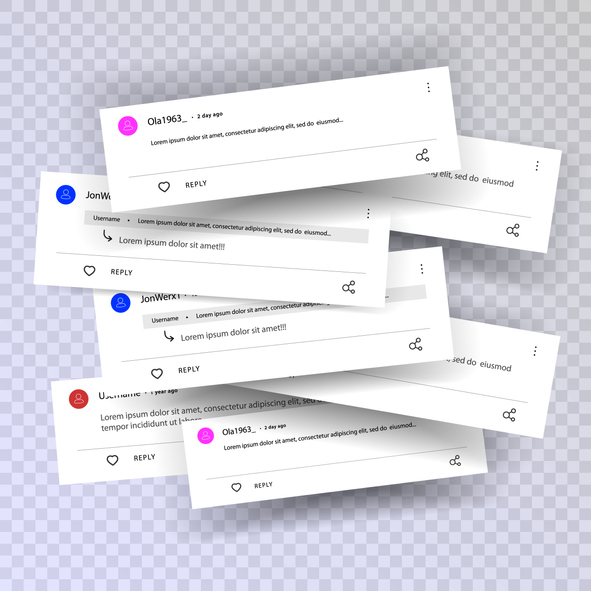Featured in

- Published 20230801
- ISBN: 978-1-922212-86-3
- Extent: 200pp
- Paperback (234 x 153mm), eBook

IN 2008, FINNISH performance artist Pilvi Takala embarked on an audacious project called The Trainee. For one month, she worked as a marketing intern at the global accounting firm Deloitte. Instead of carrying out the usual responsibilities expected of this role, Takala did…nothing.
Big deal, you might say – plenty of people idle away their time at the office. But it was the manner in which Takala did nothing – unashamedly, even ostentatiously – that made her co-workers, most of whom were unaware that she was engaged in a piece of performance art, uncomfortable and confused. Takala spent an entire day riding up and down in the lift; she sat at her desk with her hands in her lap, staring into space; she did the same in the tax department library. When asked what she was doing, she replied, ‘brain work’.
That’s a hard phrase to argue with. How do you disprove it? It also represents Takala’s broader artistic motivation, which is to make us question what behaviour we deem socially acceptable and why. In an office context, ‘doing nothing’ is an ambiguous term that can mean anything from reading clickbait headlines such as ‘Which cat breed are you?’ (I’ve definitely never taken this quiz) to online shopping or scrolling Instagram. Technically, these are all activities; they may not be the ones you’re being paid to perform, but performing them still allows you to convey the impression of productivity to your colleagues or superiors.
This appearance of busyness is essential to maintaining the social codes that govern the workplace. In spurning these codes, The Trainee reveals the surprisingly radical possibilities of a true commitment to ‘nothing’ – according to Takala’s website, ‘The non-doing person isn’t committed to any activity, so they have the potential for anything. It is non-doing that lacks a place in the general order of things, and thus it is a threat to order.’
A threat it may be to some – but for many of us, non-doing is a goal that feels frustratingly out of reach. As we grow busier and busier, our lives full of apps and devices that promise to save us labour and improve our selves while draining the hours and minutes from our days, we seem no closer to knowing how best to use our precious time.
ONE OF THE starting points for The Leisure Principle was John Maynard Keynes’ famous 1930 essay, ‘Economic Possibilities for Our Grandchildren’, in which he looks one hundred years ahead to an idyllic future in which, among other things, technological advances would have vastly improved our standard of living and we’d only have to work a cool three hours a day. While some of what Keynes predicted would come to pass (sadly not the part about the three-hour workday), the rapid growth of the global economy hasn’t given us that abundant leisure time he imagined. What went wrong?
This edition of Griffith Review doesn’t profess to have all the answers, but it does promise a fascinating and thoughtful exploration of what leisure means to us today, how it’s evolved in the public imagination and what it might look like in the future. Maybe, as we look ahead to the next century, we can begin to realise the radical potential of non-doing and the ways in which it can upend an order that so often exhausts instead of fulfils us.
It’s apt that the editorial labour for this edition was shared among the Griffith Review team – Managing Editor John Tague, who also devised the theme, commissioned four stories (Russell Celyn Jones’ memoir ‘Revolutionary wave’, Jerath Head’s essay ‘The geography of respect’, Brendan Colley’s short story ‘Lying on grass’ and Drew Rooke’s essay ‘Upping the ante’); former Assistant Editor James Jiang commissioned Suneel Jethani’s essay ‘In the fullness of time’. I’d like to thank John and James for their editorial skill, insight and ideas – I never once caught them slacking off on the job.
If you choose to read The Leisure Principle during a quiet moment at your place of employment, perhaps you can call it research; perhaps you can simply say that it’s brain work.
22 May 2023
Image credit: Getty Images
Share article
More from author

The great divide
In ConversationIn the ’80s, and maybe the early ’90s, fashion was a political statement just like art was…and real art wasn’t about selling out or succeeding in a mainstream context; it was the opposite. The whole idea was that you didn’t want to conform. Anyone who was trying to make money off your art or helping you make money was corrupt or compromised. The last thing you did as an artist or a writer in the ’80s was self-publicise – it was so naff, it wasn’t done. Street cred was what mattered. And I’ve been watching, with social media and the internet, this 180-degree shift over the last few decades.
More from this edition

We will never be modern
Non-fictionMy Instagram feed, an information-stream cosplaying as a hyper-relevant town square, has undergone a radical transformation in the past few years. Whereas once that endless deluge teemed with benign yet revealing snapshots of friends moving through the motions and milestones of life – brunches, holidays, weddings and pregnancies – today’s experience is far removed.

History in Sid Meier’s Civilization VI
Poetry Because they spawn near each otherdiscover one another’s dog-scoutsSparta and Gandhi are contemporariesthe Eurotas river and the Gangesmuddying into the Indian Ocean, barbariantriremes appearing...

The rise and decline of the shopping mall
FictionPerhaps it is instructive to consider how archaeologists of the future may conceive malls. How might they seem, these empty labyrinths – like rituals that had to be endured in order to receive goods and services? As great monoliths, colosseums constructed for our entertainment? As places of worship? Or perhaps malls will seem more like pyramids do to us: mysteries to be unravelled when the tracks of global trade and communication have faded...